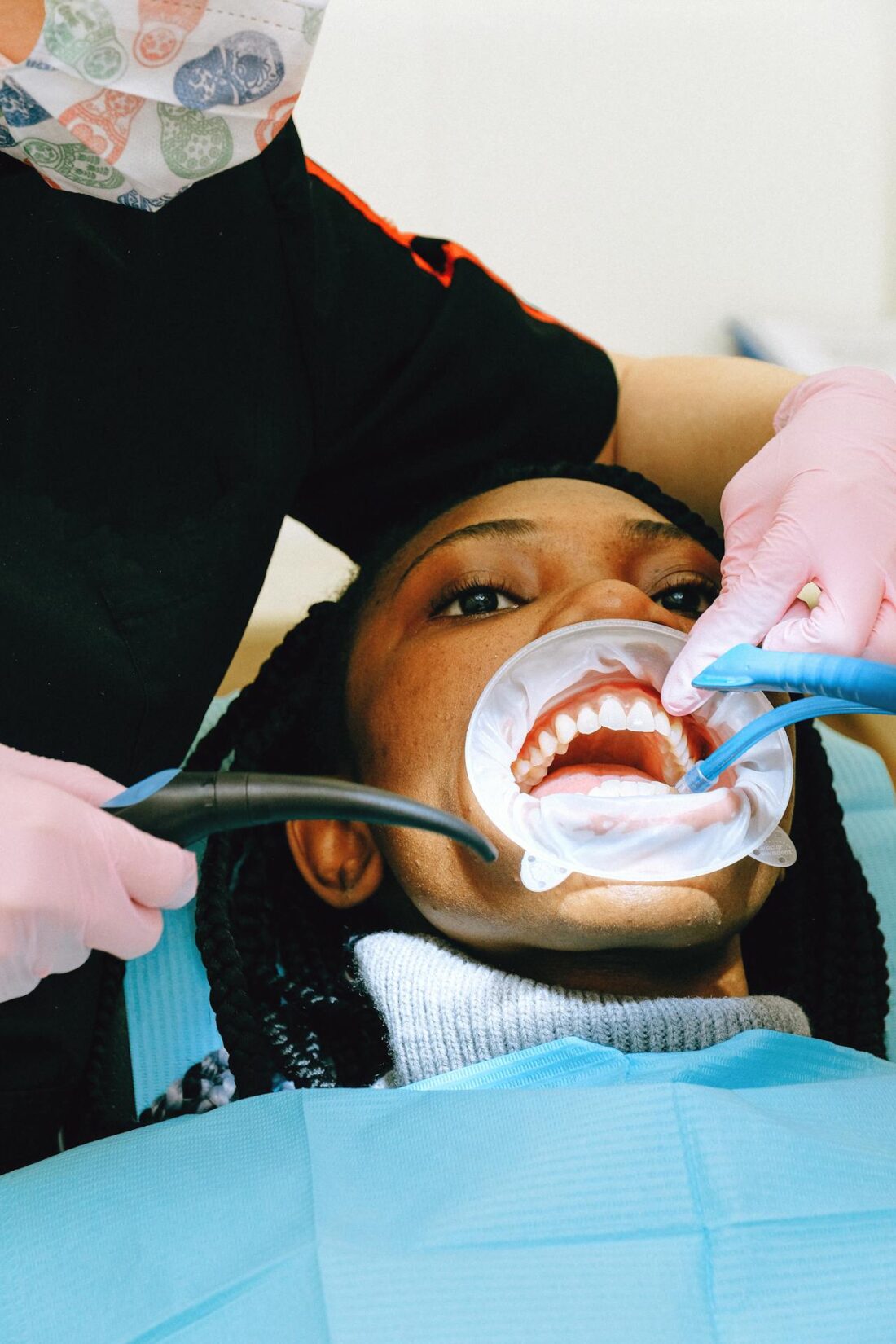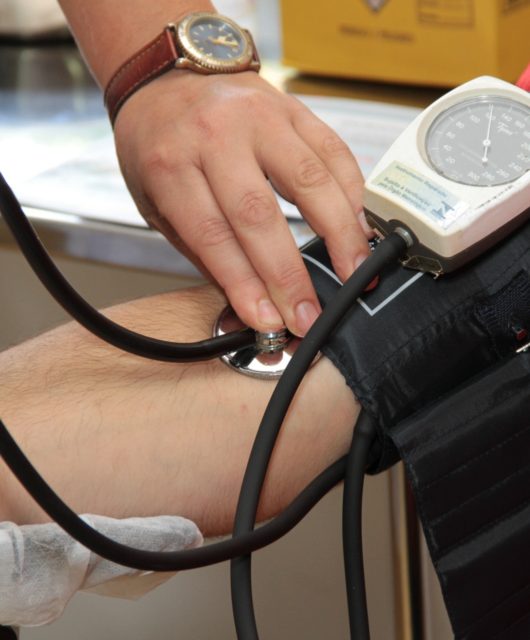Maintaining Oral Health: Simple Tips for a Healthy Smile

Key Takeaways
- Maintaining good oral hygiene is crucial for overall health.
- Simple daily habits can significantly improve dental health.
- Diet and regular check-ups play essential roles in oral health.
- Learn about the benefits of fluoride and proper brushing techniques.
- Understand how to protect your teeth from damage and decay.
Why Oral Hygiene Matters
Maintaining oral hygiene is more than just about having a bright smile. It has significant effects on your general well-being. Problems like gum disease, tooth decay, and even heart disease can be brought on by poor oral hygiene. Untreated oral diseases can hurt a person’s quality of life by causing pain, eating difficulties, and infections, according to the CDC. Issues like periodontal disease have been linked to conditions such as diabetes and respiratory disease. Regular visits to dentists in Jacksonville Florida, can help mitigate these issues and ensure your oral health is checked. They can provide professional cleanings and identify potential problems before they become serious.
Daily Habits for a Healthy Smile
Your everyday routine can be significantly improved by incorporating easy habits. Cleaning your teeth for two minutes twice daily will help remove plaque, a bacterial film that adheres to your teeth. Removing plaque can prevent gum disease and tooth decay because it turns into tartar. It’s essential to develop the following habits:
- Use fluoride toothpaste: Fluoride helps prevent cavities and build strong teeth.
- Brush in circular motions: This method is more effective at removing plaque.
- Floss daily: Flossing removes plaque and food fragments that a toothbrush cannot reach between your teeth.
- Rinse with an antiseptic mouthwash: Mouthwash can help maintain fresh breath and lower plaque.
Following these daily practices effectively combats plaque and bacteria buildup, significantly reducing your risk of dental issues.
The Importance of Diet in Oral Health
What you eat can significantly affect your dental health. Sugars fuel the oral bacteria that generate acids, which is why tooth decay is associated with sugary meals and beverages. Cavities can result from these acids’ erosion of tooth enamel. Instead, choose a vitamin- and mineral-rich, well-balanced diet. The following foods are beneficial to your teeth:
- Dairy products: The calcium and phosphates in cheese, yogurt, and milk help to fortify and rebuild tooth enamel.
- Leafy greens: Rich in calcium and folic acid, greens like spinach and kale are good for gum health.
- Crunchy fruits and vegetables: Eating apples, carrots, and celery can help you produce more saliva, neutralize acids, and clean your teeth as you eat them.
Avoiding excessive coffee, tea, and red wine consumption can prevent staining. Staying hydrated with plenty of water helps rinse away food particles and bacteria, promoting overall oral health.
Understanding the Role of Fluoride
A naturally occurring mineral called fluoride aids tooth development and guards against cavities. It replenishes the enamel with minerals, strengthening it against acidic attacks from oral sugars and plaque bacteria. Fluoride is commonly found in toothpaste, and many communities add fluoride to their drinking water, a practice supported by dental health professionals. Fluoride offers significant dental health benefits for children and adults. Children require fluoride during their formative years to develop strong teeth, while adults benefit from fluoride treatments to maintain enamel strength.
Proper Brushing Techniques
Although brushing your teeth may seem easy, using the proper technique can significantly impact your dental health. To make sure you’re brushing correctly, follow these steps:
- Aim your toothbrush at your gums at a 45-degree angle. This angle helps remove plaque from the gumline and the teeth’s surface.
- Brush your teeth using gentle circular motions on all surfaces. Overly vigorous brushing can damage your gums and erode enamel.
- Avoid using excessive force, which can damage your gums. The soft bristles and the motion clean your teeth, not the pressure.
- Focus for at least thirty seconds on each mouth quadrant. This helps ensure you’re covering every surface thoroughly.
In addition, remember to change your toothbrush’s bristles every three to four months or earlier if they are frayed. An old toothbrush will not clean your teeth well.
Protecting Your Teeth
Protecting your teeth from damage is crucial for maintaining oral health. Avoid habits like grinding your teeth (bruxism), which can wear down teeth and lead to other dental issues. Consider using a mouthguard if you notice you’re grinding your teeth, especially at night. Chipped or cracked teeth can also result from biting into hard materials like ice or opening packages with your teeth. Here are several ways to protect your teeth:
- Wear a mouthguard to avoid dental injuries when participating in sports or physical activities.
- Use scissors or other tools instead of teeth for tasks such as opening bottles or packages.
- Avoid foods that are too hard or sticky, which can cause breakage or loosen fillings and crowns.
Taking these precautions helps ensure the longevity of your dental work and keeps your natural teeth in good condition.
Regular Dental Check-Ups
It is imperative to schedule routine dental visits to preserve oral health. Dentists can provide professional cleaning you cannot obtain at home and spot early warning signs of dental issues. It is advised that you see your dentist at least twice a year. During these visits, your dentist will thoroughly examine your teeth, gums, and mouth to check for cavities, gum disease, and other oral health issues. To remove any plaque and tartar buildup that you might have missed when you were brushing and flossing frequently, they will also conduct a thorough cleaning. You only maintain the health of your teeth and gums with regular professional cleanings, which can reach areas that are hard to clean at home.
You can preserve a healthy smile and enhance your general well-being by using these suggestions and a few easy lifestyle adjustments. Remember, the secret to a healthy body is a healthy mouth. Your oral health impacts your ability to eat, speak, and socialize without pain or embarrassment. Therefore, investing in good dental habits and regular check-ups pays off in both health and confidence.









